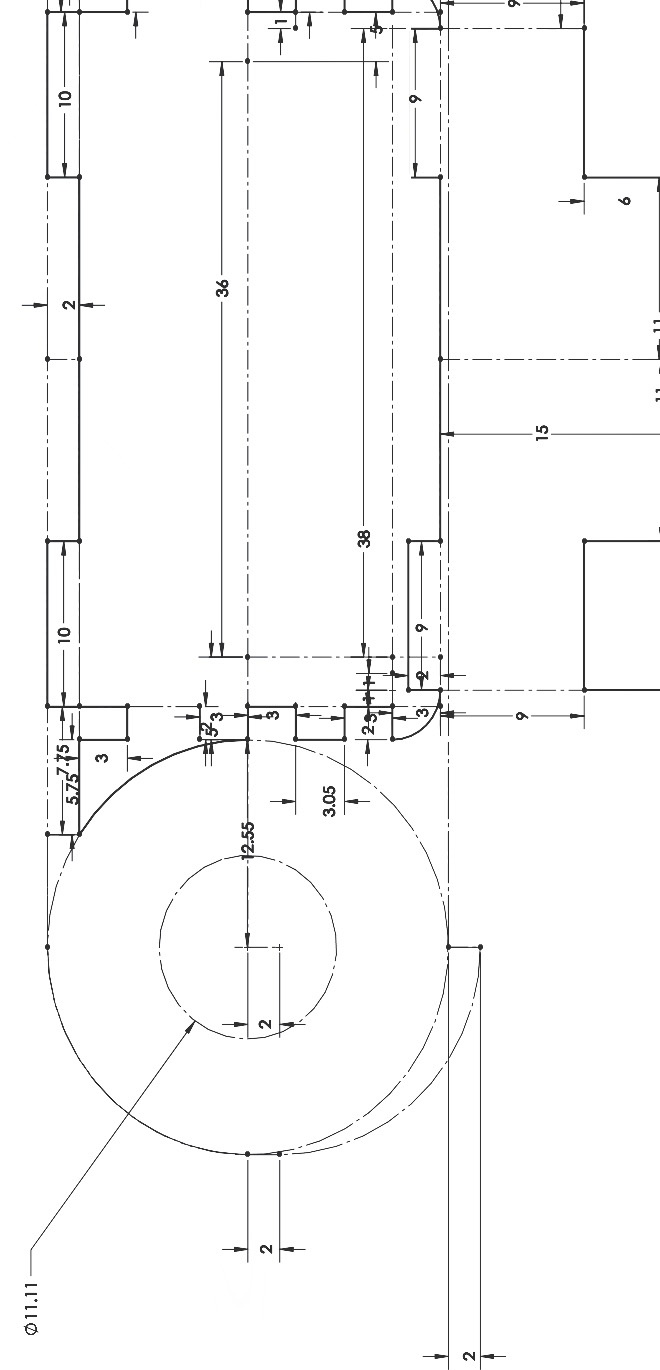User:Mathijs van Oosterhoudt/thesisoutline
Thesis Outline
Abstract
Cameras influence the possibilities of their result, a result that influences us on a daily basis. Changes, additions and new inventions have changed the camera over time, thereby its result, and therefore how it influences us.
Those changes are put in place by whoever has the control over the development and production of cameras, influenced by various inputs and desires that might contribute to why such changes were made, whether this is in the interest of consumers or not. This means that, to some degree, changes in our perception are dependent on those that have the control over the means of production.
If changes in the technology alter our perception, does it logically follow that by removing, reverting or creating alternatives to such changes, we can also get rid or limit its influence? However, said alternatives and the like are dependent on the understanding of the technology that surrounds them. Understanding which becomes increasingly difficult as technology evolves.
How is it possible to subvert the design choices made by manufacturers of photo cameras?
The history of choices, which choices and by whom?
In the first section I want to take a critical look at the history of the camera, its players (inventors, manufacturers), how the technology has evolved over time and how these (and other) technologies have been applied to the photo camera. Through a few specific case studies I want to show some cameras or trends in the photo camera that influence us, how and why they came to be.
For example, smile detection in current consumer cameras and the move towards implemented 'apps' on cameras (And implemented cameras on other hardware) re-enforce and are re-enforced by the use of social media. Or how the lack of technical know-how pre-1900 in the field of lens-making resulted in the creation of soft-focus lenses, influencing pictorialism and photography as art (W.R. Young).
Why is it important to subvert such choices?
In the second section I want to talk about why one would want to subvert such choices. In the case of any technology, those that control the means of production over the tools hold significant power over how we are able to apply technology and how it shapes us. Said technology is often used to, for instance, keep dominant ideologies in place (Winner). By being able to subvert this power we gain control over how we apply technology and therefore gain power from it.
For example, the simplicity of the analog camera's technology allowed people, who would otherwise not be able to buy or obtain a camera, use the knowledge of its mechanics to build it from scratch, being able to portray their own situation. Good examples of this are cameras such as those made by people in concentration camps during the second world war, or those made by Miroslav Tichy.
How can technologies be subverted?
In the third section, I want to take a look at how the consumer influences both the shaping of the camera and its adaptation (Kittler), studying the way they adapt it to their needs through various ways of tinkering or creation from scratch. What are the possibilities, what are the obstacles? How has this worked in the past, and are the same methods still applicable to modern day situations?
There are endless way of subverting the photo camera. In all of these cases, from firmware and hardware hacking to creating your own device entirely, the intention is to offer alternative applications or different technologies to the mass-produced photo camera that would have otherwise not been there. This can either disrupt the manufacturers or subsequently influence them.
For example, the trend of hacking the infrared filter out of the camera resulted in Sigma producing cameras where the infrared filter could be taken out by any user, without the need for hardware hacking.
Bibliography
Walter Benjamin - Little History of Photography
Langdon Winner - Do Artifacts Have Politics?
Jonathan Crary - Techniques of the observer
Friedrich Kittler - Gramaphone, Film, Typewriter
Matthew Fuller, Andrew Goffey - Towards an Evil Media Studies

